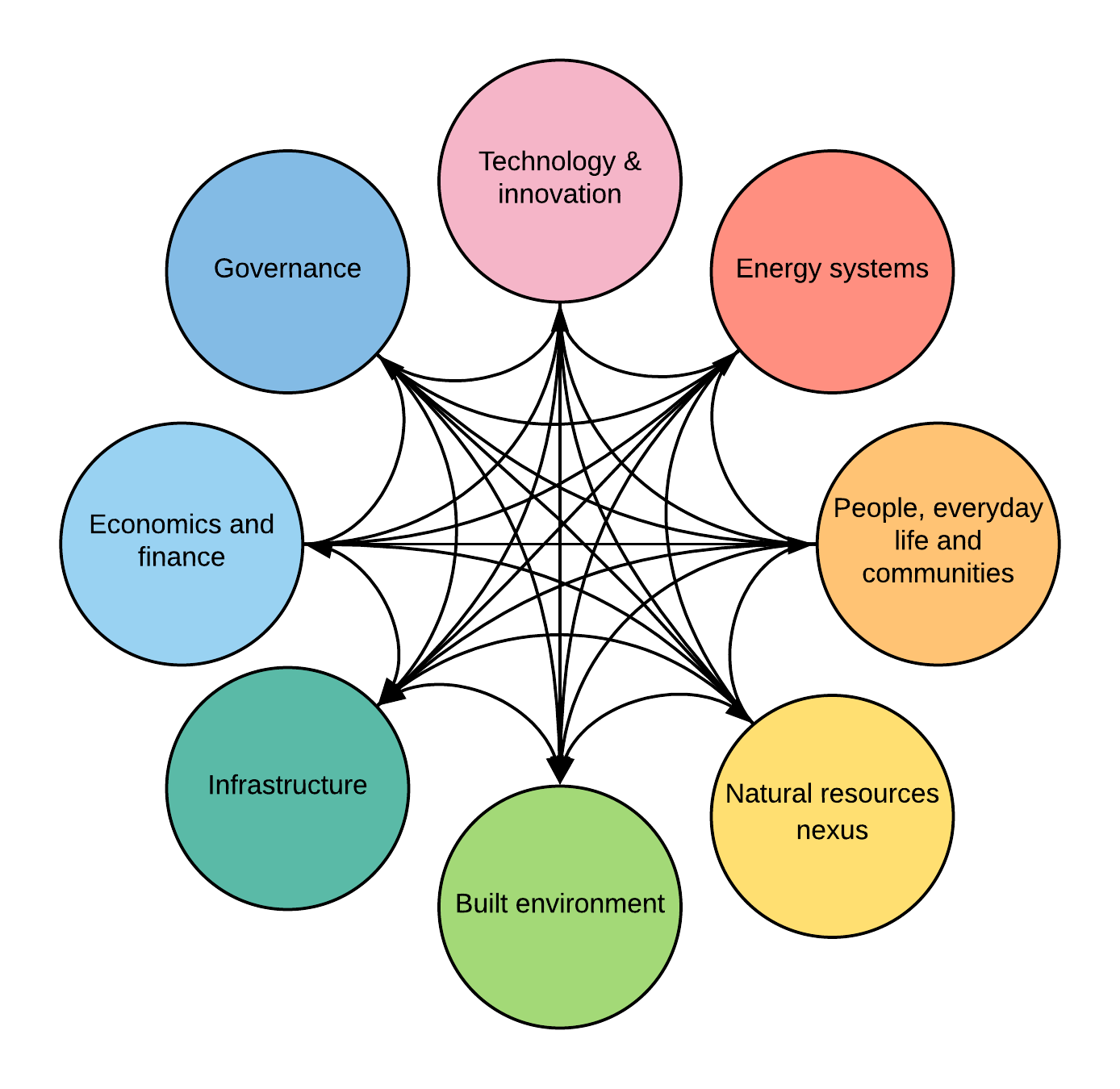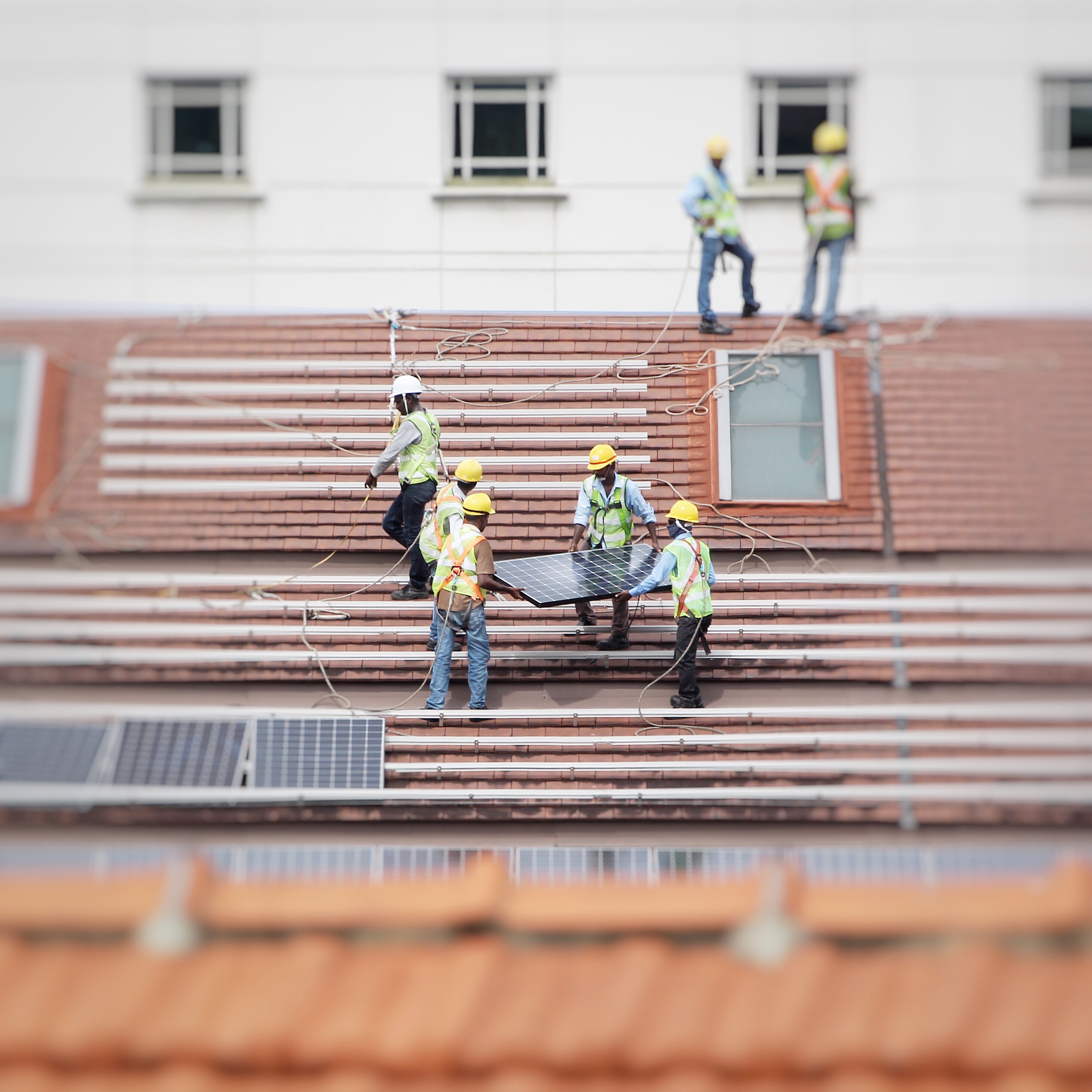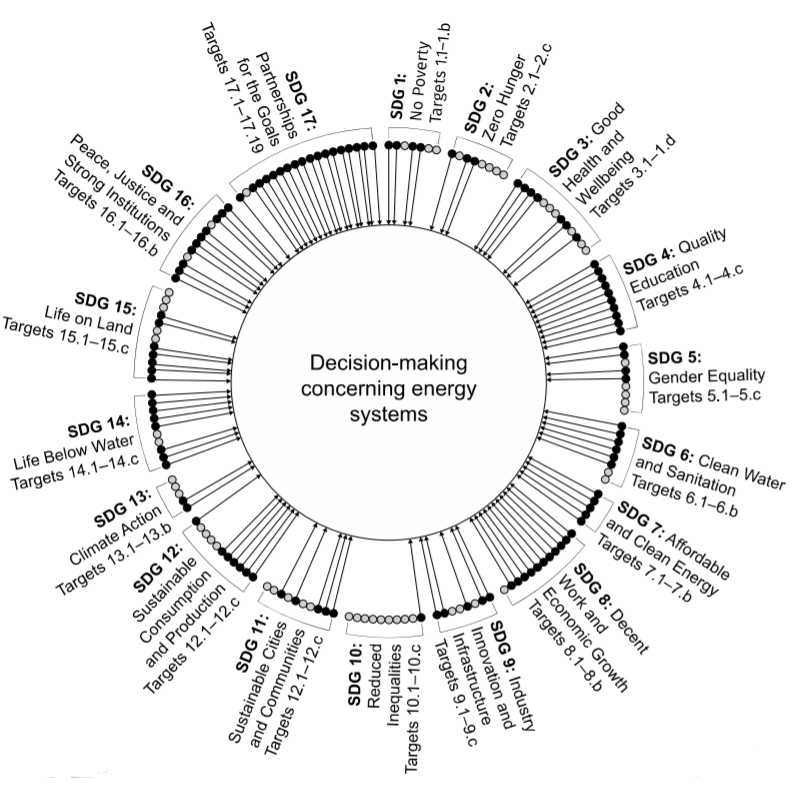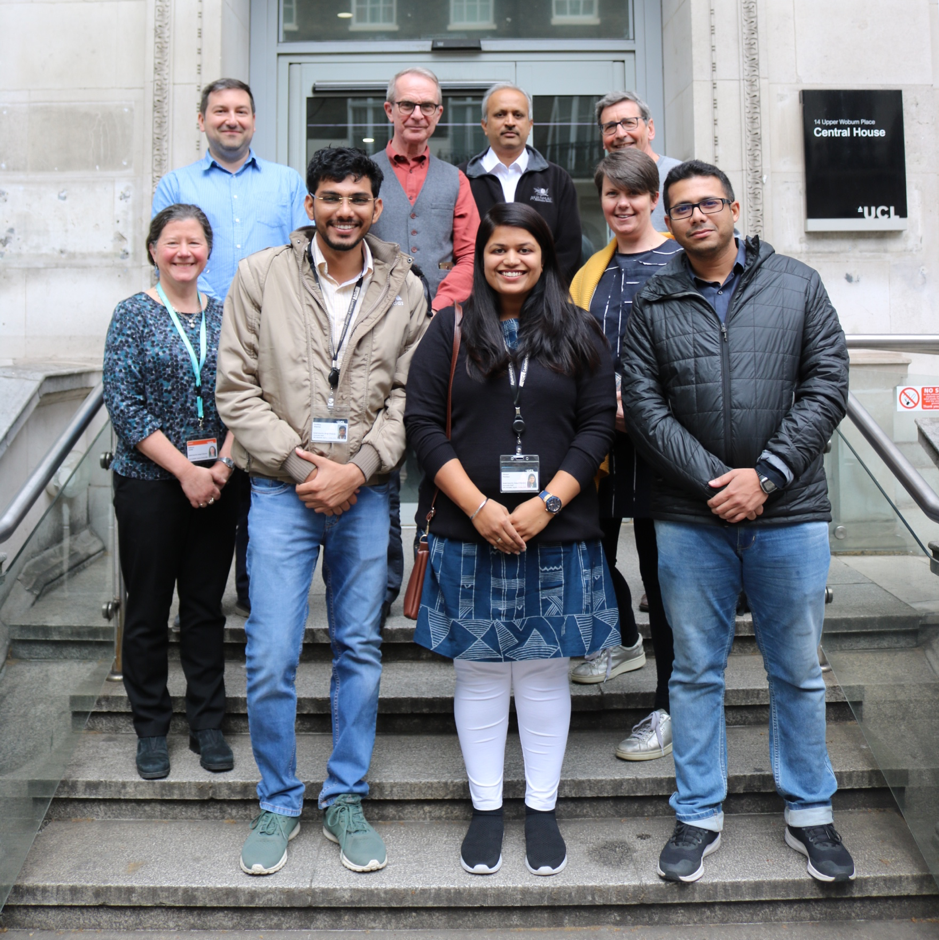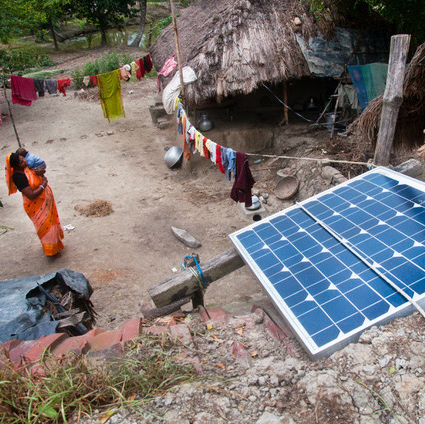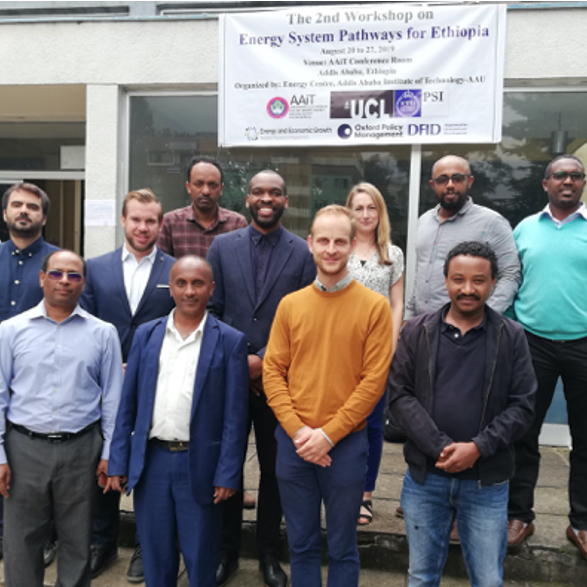UCL Energy and Development Group
The Group’s activities focus on informing and empowering efforts to deliver Sustainable Development Goal (SDG) 7, which calls for action to ensure access to affordable, reliable, sustainable and modern energy for all. Our work recognises the holistic and indivisible character of the SDGs, and emphasises interdisciplinary research designed to clarify synergies and trade-offs between efforts to achieve SDG7, and the delivery of all 169 Targets recognised in the 2030 Agenda.
Contact
Harsh Jatkar
Lecturer (Teaching) in Circular Economy and Resource Efficiency, UCL Institute for Sustainable Resources
Email: h.jatkar@ucl.ac.uk
Katharina Oemmelen
Doctoral Researcher, Bartlett School of Sustainable Construction
Argyris Oraiopoulos
Research Fellow in Urban Energy Modelling and Thermal Comfort, UCL Energy Institute
Email: a.oraiopoulos@ucl.ac.uk
 Close
Close


